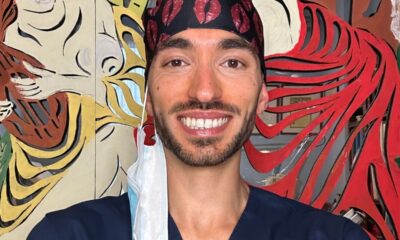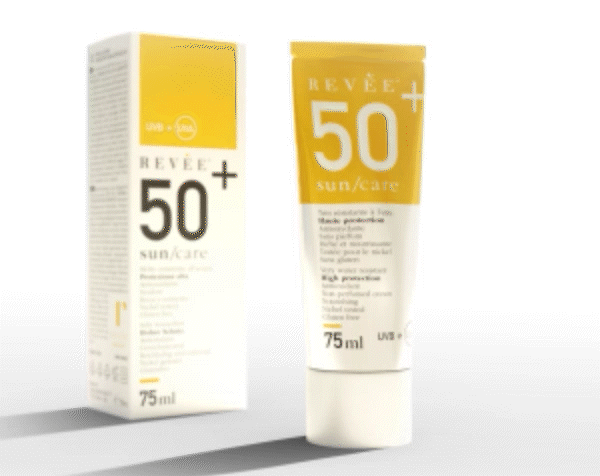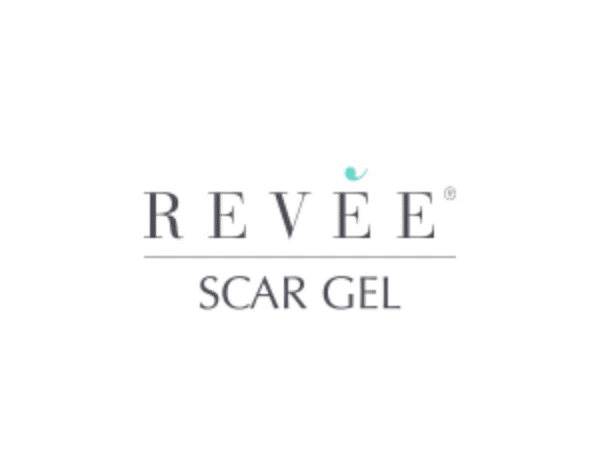Medical doctors and Surgeons
Scars. The skin’s diamond
Marco Tresoldi, Adjunct Professor, Researcher for the University of Pavia and Plastic Surgeon, says that scars are just like diamonds because they last forever.
The body’s reaction
Tresoldi states that scars are a repair tissue. Our body is so evolved that it can’t regenerate tissues apart from the hepatic field. In other districts the healing process is represented by scar tissues.
This process occurs with the forming of a connective tissue mainly made by collagen fibers that closes gaps due to an injury. A scar is formed in 7-10 days then it begins a maturation process through the phases known as detraction, contraction and remodelling of the scar, that will last about one year.

The wound might be red or purplish when the body undergoes trauma, but the loss of water content in collagen fibers makes the scar look white and translucent. However, there might be abnormal outcomes consisting of flaws in the healing process. Scars can be depressed or atrophic, raised or hypertrophic and keloids. In this last case the fibroblasts, which are the collagen producing cells, are stimulated in production so that the scar spreads beyond the wounded area.
Scars: susceptibility and treatment
In an article published in international magazines, the professor explains how an innovative treatment of keloid pathology consists in the surgical removal, followed by radiotherapy. It is possible to stop excess collagen production of fibroblasts in the cicatricial area.
There are some areas most likely to develop hypertrophic or keloid diseases like the sternal area, deltoid and the articular surfaces. Some people are most likely to have scar formation, depending on their phototype: a classification that analyzes how skin reacts to ultraviolet radiations. So both genetics and anatomic topography are aspects to consider during the healing process.
To treat scars you can use two different kinds of products: silicone and elastic compressive materials. They both help to encourage the reduction of the inflammation by bringing it to a physiological dimension where the scar appears white and flat. Silicone based products can be gel or patches, with a high molecular purity, otherwise it might provoke dermatitis or hypersensibility phenomenons. Compression, on the other hand, is suited for areas subject to trauma to avoid raised scars.
Any kind of scar a patient has, it is always necessary to evaluate the clinical picture: the profession of a doctor is to make a diagnosis in order to indicate the best suited therapy.































